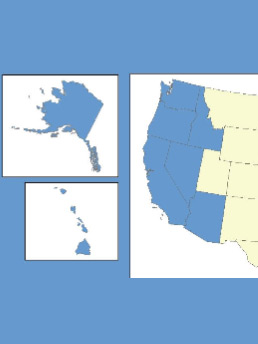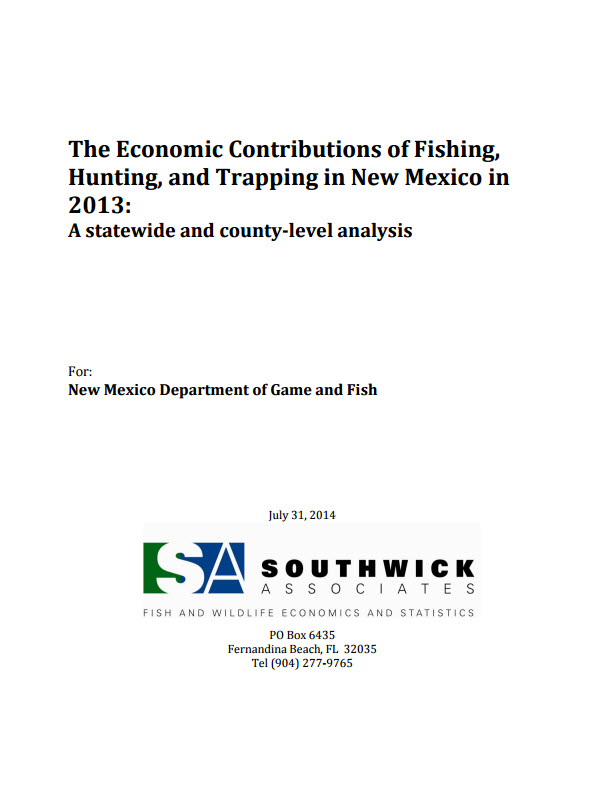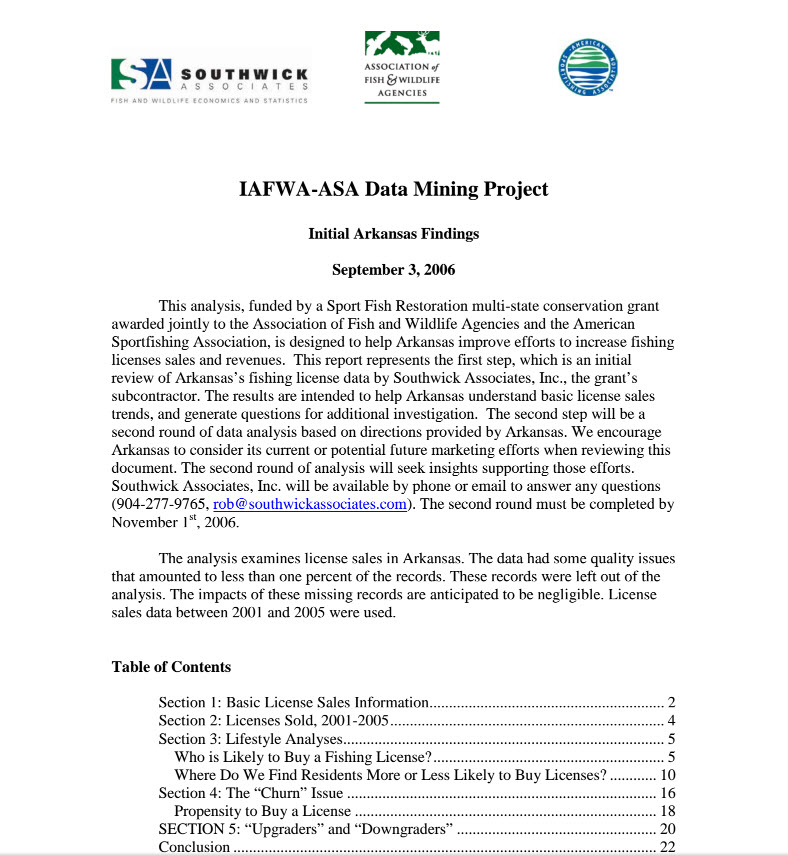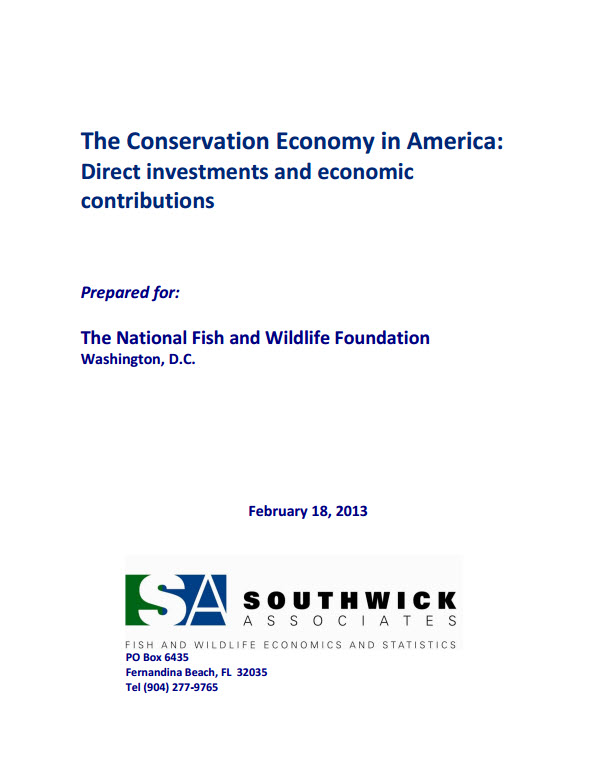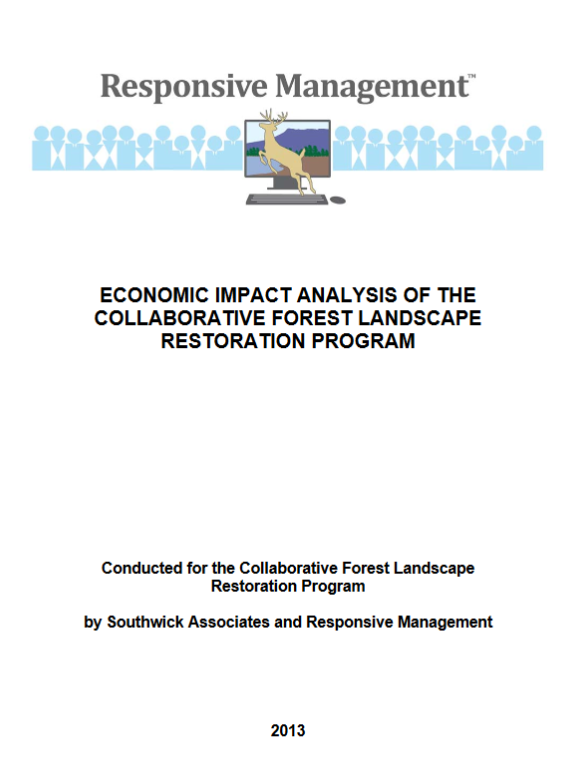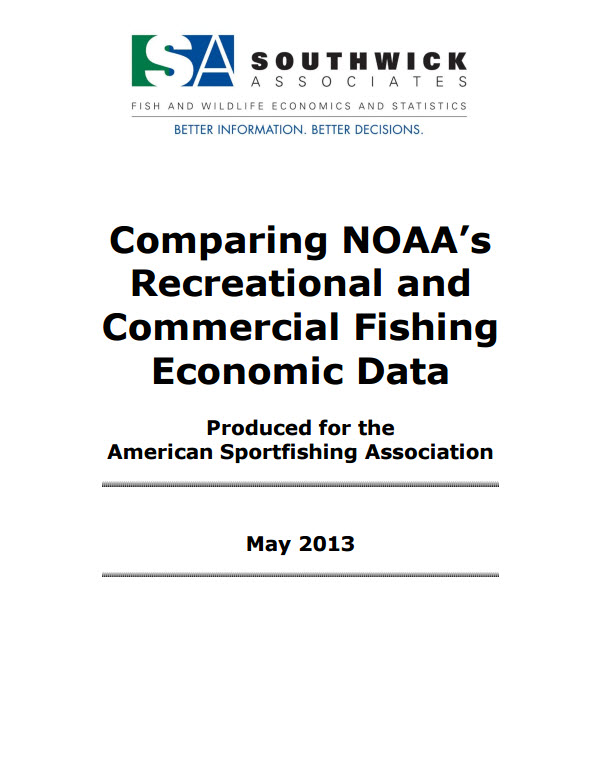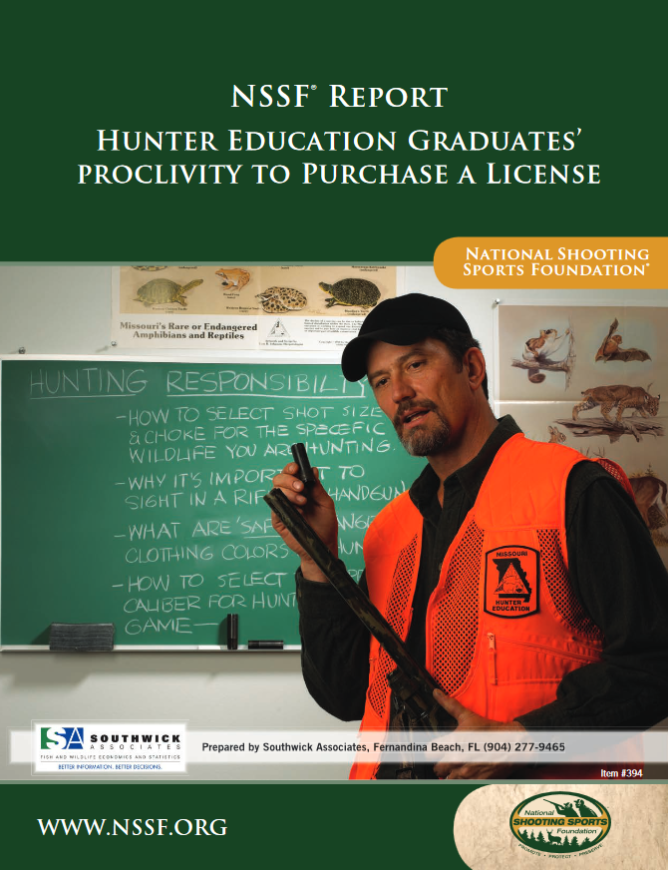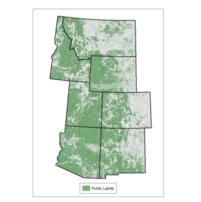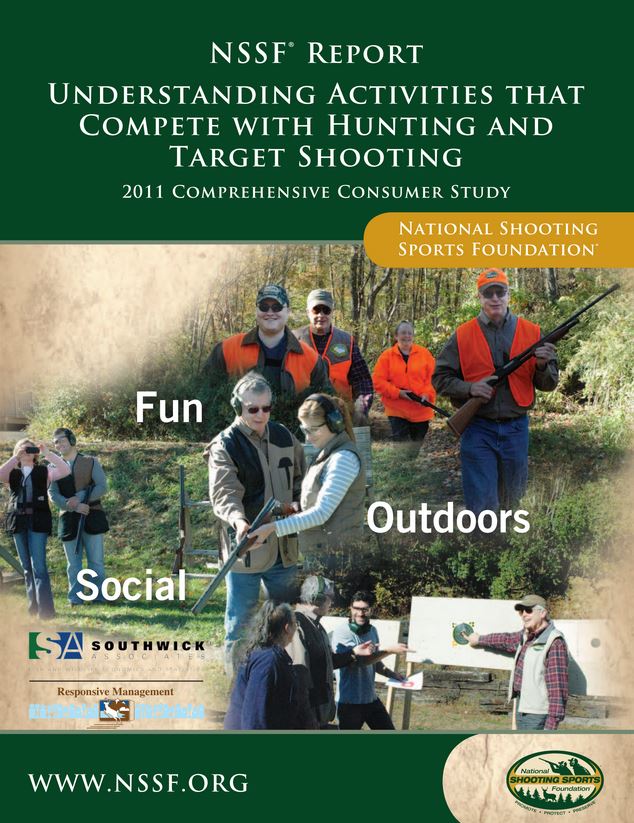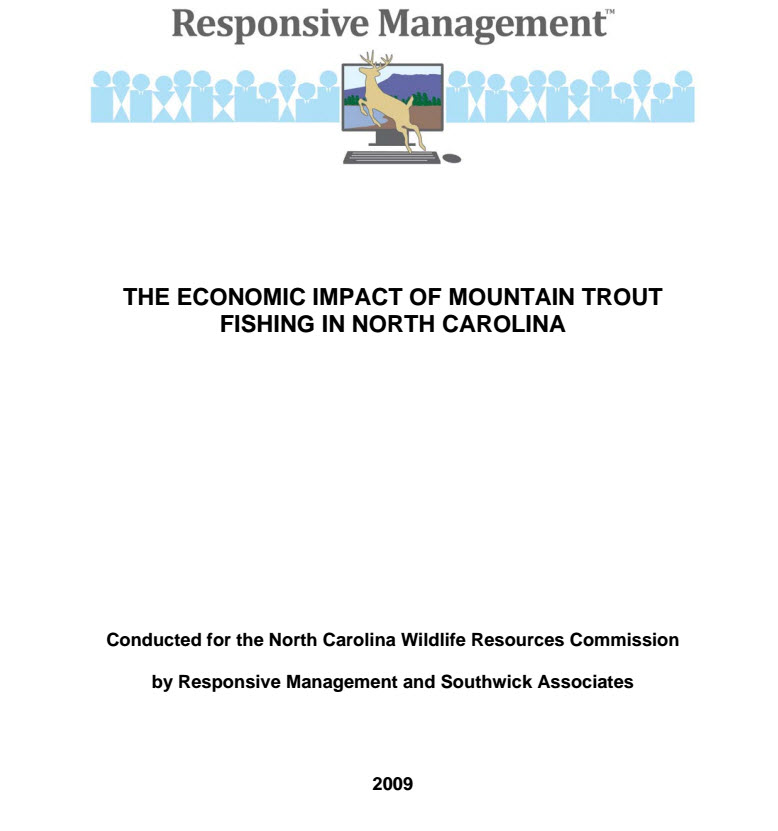5-State/Regional Reports from AnglerSurvey, HunterSurvey and SAMM are available to agencies and NGOs
Western, Southeast, North Plains, Northeast, South Central.
Email Cody@southwickassociates.com for a report.
Economic
New Mexico Economics of Hunting, Fishing and Trapping
New Mexico’s Department of Game and Fish (NMDGF) commissioned a study of fishing, hunting and trapping to estimate county-level and statewide activity and to determine the contribution that fishing, hunting, and trapping activity make to the state’s economy. Drawing from license sales records and survey-based data sources, this report presents economic contributions based on retail spending in New Mexico attributable to recreational fishing, hunting, and trapping in the state.
Profiles of Arkansas Resident Fishing and Hunting License Customers 2008-2012
Just over one million unique Arkansas residents purchased a fishing or hunting license between 2008 and 2012 (Table 1). Of these, 89.5% purchased a fishing license and 43.7% purchased a hunting license. Over one-half purchased fishing licenses only, a third purchased both fishing and hunting licenses, and 10.5% purchased only hunting licenses (Table 1 and Figure 1).
NFWF Conservation Economy Report
CFLRP Economic Impact Report
Comparing NOAA’s Recreational and Commercial Fishing, Economic Data Report
NSSF Report: Hunter Education Graduates’ Proclivity to Purchase A License
Conserving lands and prosperity: Seeking a proper balance between conservation and development in the Rocky Mountains West 2012
Public lands comprise a major portion of the western landscape and shape rural economies and cultures by providing raw materials, recreational opportunities, wildlife habitat and desirable scenic qualities. Management goals for public lands range from conservation to development of commodity resources such as oil, gas and minerals. This paper examines the relationship between economic security and varying land management and usage strategies in the rural Rocky Mountain West.
NSSF: Understanding Activities that Compete With Hunting and Target Shooting 2012
Maintaining America’s hunting and recreational shooting traditions is important for many
reasons, chief among them being that the hunting and sport shooting industries provide
thousands of jobs annually. Also, hunters and target shooters are essential to species
management and habitat conservation through the funds they donate to conservation, as well as
the excise taxes they pay on hunting and shooting equipment. For this reason, it is essential that
the American traditions of hunting and target shooting be continued.
North Carolina – The Economic Impact of Mountain Trout Fishing in North Carolina 2009
This study was conducted for the North Carolina Wildlife Resources Commission to determine mountains trout anglers’ contribution to North Carolina’s economy

